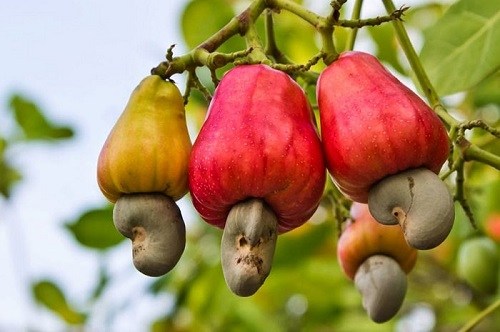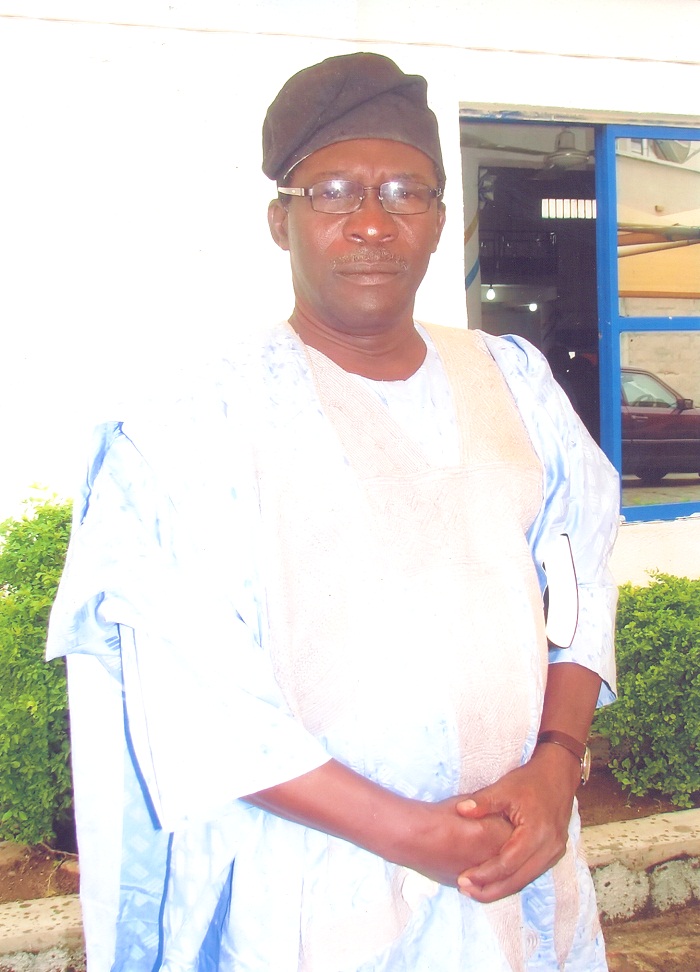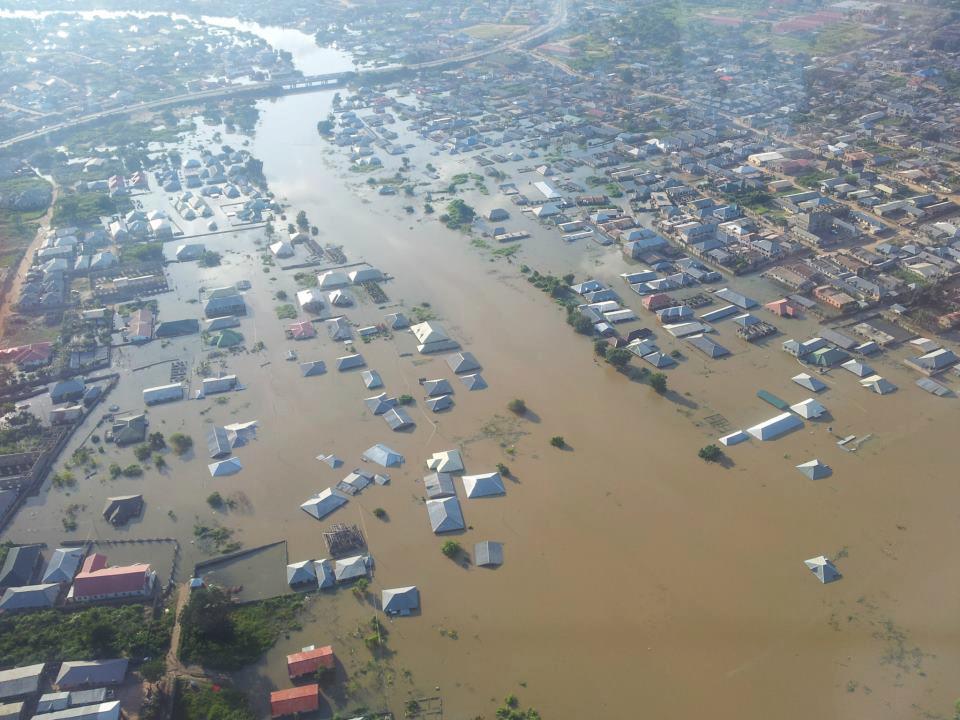
Farmers, traders, merchants and other investors in the cashew industry in Kogi State faced a major glut and poor turnover resulting in heavy losses put at over N50 billion in the 2018 farming season.
Kogi is the highest cashew producing state in Nigeria, exporting about 100 metric tonnes out of the 220 metric tonnes of cashew nuts exported by the entire country annually.
However, the glut that hit the cashew industry in Kogi State is giving farmers and other dealers worries.
A big time cashew farmer in the state and first Vice President of the National Cashew Association of Nigeria (NCAN), Stephen Ahiaba, who spoke to Daily Trust Saturday, described the development as “worrisome”.
Ahiaba blamed the glut mainly on what he described as “policy somersault” on the part of government and lack of attention to the cashew industry which he noted had resulted in poor quality of cashew nuts produced in the state.
He said the value of cashew nuts at the international market depended mainly on the quality of the product; hence, the issue of quality control must be top priority in cashew production.
“What happened concerning the glut is a serious challenge and a failure, especially on the side of government.
“What I will call policy somersault caused that to happen. And for us, it is a very serious challenge. By the grace of God, the Kogi cashew industry was generating direct foreign revenue of over N70bn before 2017, and today, it has cut down to less than N20bn.
“Over N50 bn discount is what we are facing now – both farmers and business people. Most people who invested in cashew in the preceding year are already facing a terrible situation in terms of their investments, and for us, it is unfortunate.
“Let me start the story. I have been in the cashew business for over 20 years, and after some time, I realised that there is no attention for cashew in Nigeria, and because of this, we individually needed to put special effort to acquire information and knowledge about cashew.
“Because of this, I made effort on my own. I have been to Dubai, India, Vietnam, Ethiopia, Mozambique and others. I have been to 10 countries that are doing well in terms of cashew production and processing. These have helped my knowledge about the dos and don’ts in the cashew industry.
“As a matter of fact, in terms of production, Kogi is the highest cashew producing state in the country. Nigeria is exporting about 220 metric tonnes of cashew nuts annually and of that amount, Kogi alone is doing about 100 metric tonnes,” he said.
He, however, said as at 2013, the issue of post harvest handling of cashew was discovered to be one of the major challenges facing the industry, hence the proposal of a four-year cashew development plan to address the situation.
“That was when I indicated my readiness to handle the quality control in enhancing the quality of our cashew nuts as a consultant. A meeting was held with the then government in 2013 and in 2014, my proposal for cashew quality control in Kogi State was approved.
“As of 2014, a bag of cashew nuts went for N10,000 and a metric tonne was around N120,000.
“But after enforcing what we called best practices, by 2015/2016, we had feedback from the Vietnamese processors telling us how best and how improved the Kogi cashew had become.
“We also had an MOU with Vietnam on market assurance based on those standards which greatly helped the industry in the state between 2014 to 2017.
“The cashew price per tonne at that time was in the region of N650,000 to N700,000 per tonne. If you put it together by 100 metric tonnes, which is our annual production, you will be getting about N70bn per annum.
“But today, with what has happened, it has reduced from N70bn to less than N20bn per annum because there is quality failure.
He further said due to some political considerations, the present state government, in 2017, terminated the quality control contract given to him by the previous administration and engaged another consultant.
“Between that 2017 and 2018 season, the quality crashed. As I’m talking with you now, cashew of last year season is still available in the stores.
“Not only the ones in Kogi, but if you go to Lagos, you will still see more of our cashew nuts. Even those ones that were sent to Vietnam were turned down by the processors because the quality does not meet up with the market contract.
“There are cashew from Kogi and other states in Nigeria that are still left in Vietnam without payment due to issue of quality.
“So many people, after buying from the local markets at about N700,000 and do all the other expenses, they ended up selling less than N400,000 per tonne in Vietnam. It is a whole lot of losses.
“People are losing billions of naira right now, and that is what I mean by policy somersault.
“In the case of raw cashew nuts, quality determines the demand and the price. By the time the quality fails, automatically, you are going to see a glut.”
According to him, the only way forward is for government to look at the issue of quality control in the cashew industry in Kogi State so that the value of the product would pick up at the international market once more.
A cashew dealer, Daniel Adaji, said alleged moves by the state government to stop farmers from selling cashew nuts to foreigners at some point during the last season on grounds that the governor was interested in buying the products was part of the problem.
Adaji, however, said resistance from the government did not take long before it was settled, adding that the major cause of the glut was generally due to decline in the quality of cashew nuts.
“The foreign buyers discovered that the quality of cashew they had in Cote ‘d Voire was more than what we had in Nigeria, and so they began to hoard their money. A lot of goods were on ground without buyers,” he said.
He further said the glut was also due to the fact that many of the cashew farmers were hoarding their products in anticipation of a price increase at the international market, but that with the onset of the rainy season, the quality of the products “dropped drastically” thus resulting in crash of the price of cashew nuts.
Kogi State Commissioner for Agriculture, Mr. Kehinde Oloruntoba, said the issue of glut in the cashew industry was not peculiar to the state, but a national problem occasioned by the interplay of forces at the international market.
Mr. Oloruntoba also denied allegations that the government stopped cashew farmers from selling their products to foreigners, adding that, “Nobody ever said to anybody, ‘Do not to sell cashew nuts.’ There was no such directive from anywhere. I’m not aware.
“The issue of glut is not peculiar to Kogi State. The drop in cashew price is also not peculiar to Kogi. It is a national thing. All those things respond to the international market. We don’t have control over them. And you know the forces of demand and supply; when you have supply exceeding demand, normally, the price will drop.
“The only thing we can do to avoid that is to add value to the primary productivity that is, to start processing our cashew nuts so that we don’t rely on selling them raw alone.
“Assuming we have processing centres in the state, we will not be selling all our products at the same time because we know that the cashew market is active for only four months in a year.
“As such, everybody that has the product must push it out within that period of the year because we currently don’t have a way of adding value. That is the number one reason why the price of cashew fluctuates.
“The second one is the issue of quality control. It is important that we appeal to all major stakeholders to do the right thing. Nigerians are known for sharp practices, and at the end, we shoot ourselves in the leg. There are laid down procedures for processing cashew, but most times, we think we can make more money circumventing the rules.
“But by the time we go out and our products are rejected, it affects our market. It is our appeal to all Nigerians that whatever is worth doing is worth doing well.
“Every major stakeholder in cashew business knows how to process quality cashew nuts but because we want more money, we don’t want to go through these processes forgetting that at the end of the day, the ultimate losers are ourselves.
“I’m using this opportunity to appeal to all stakeholders in the cashew industry to ensure that we follow the laid down rules and regulations so that our products can be top notch in the market.
“On the part of the state government, we are engaging a consultant now who will be deployed to all the cashew producing local government areas to ensure we don’t allow bad elements amongst us to continually bring other people down because of their sharp practices.
“These are some of the steps we are taking to ensure improvement in quality of cashew and price.”
Reacting to the allegations on policy somersault by the government, Oloruntoba said, “We don’t have statistics to back that claim. You know whosoever loses any job will like to blackmail the process.
“If you are the one doing something before and by one means it switches to another person, the tradition with us to begin to blackmail the new person. Our interest as a state is not about individuals but about the system.
“We are strengthening the system and we are talking to stakeholders. By next week, I will be in Anyigba to go round and sensitise our people on the need to avoid all these sharp practices.
“Besides, as a government, we will ensure going forward that whatever cashew that leaves the state must be of top-notch quality.
“The best we can dgo is to ensure we produce the best cashew nuts so that even if the price is falling, the fall should not be as serious as it is now.”
Culled from Daily Trust


